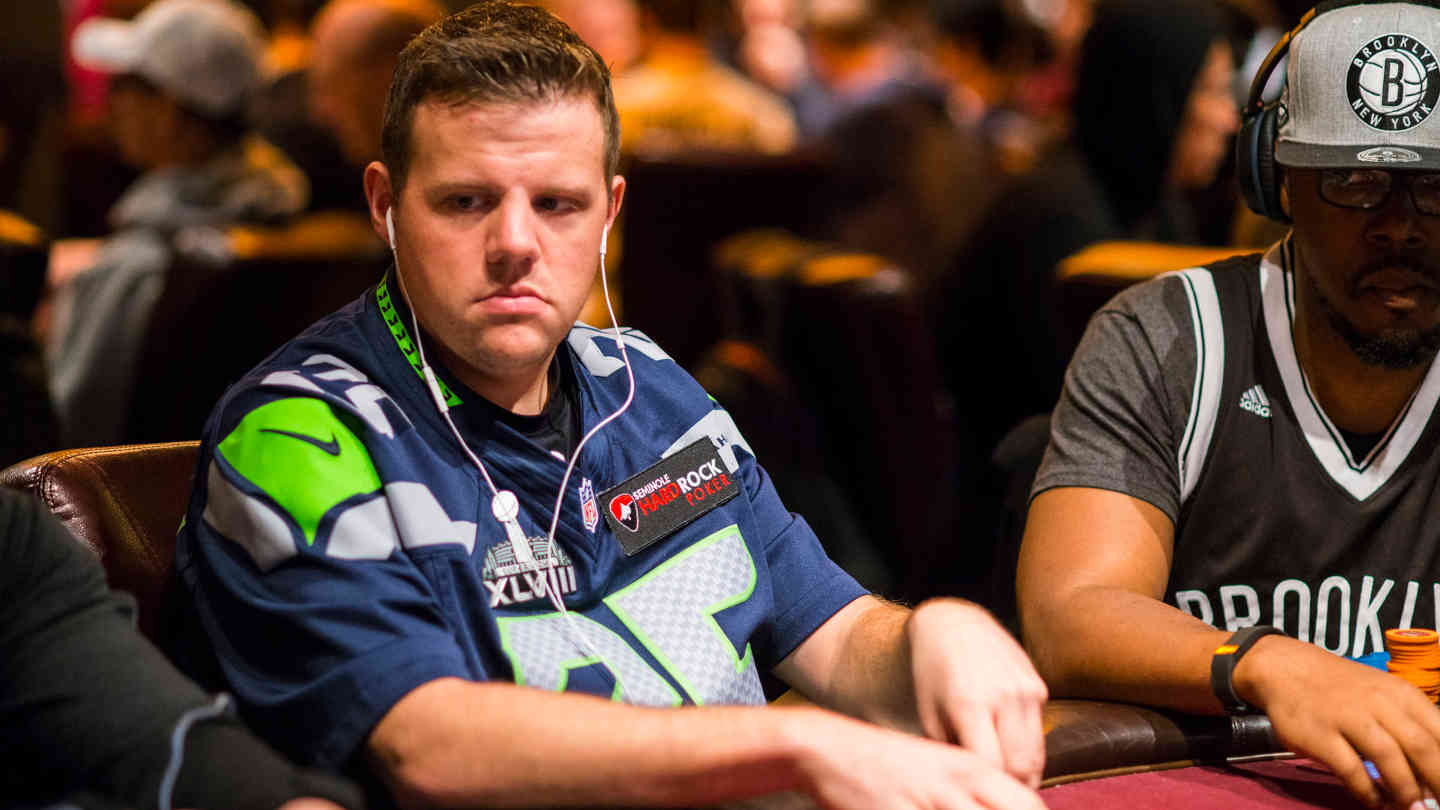What Is Poker Equity and How to Use It in Your Games
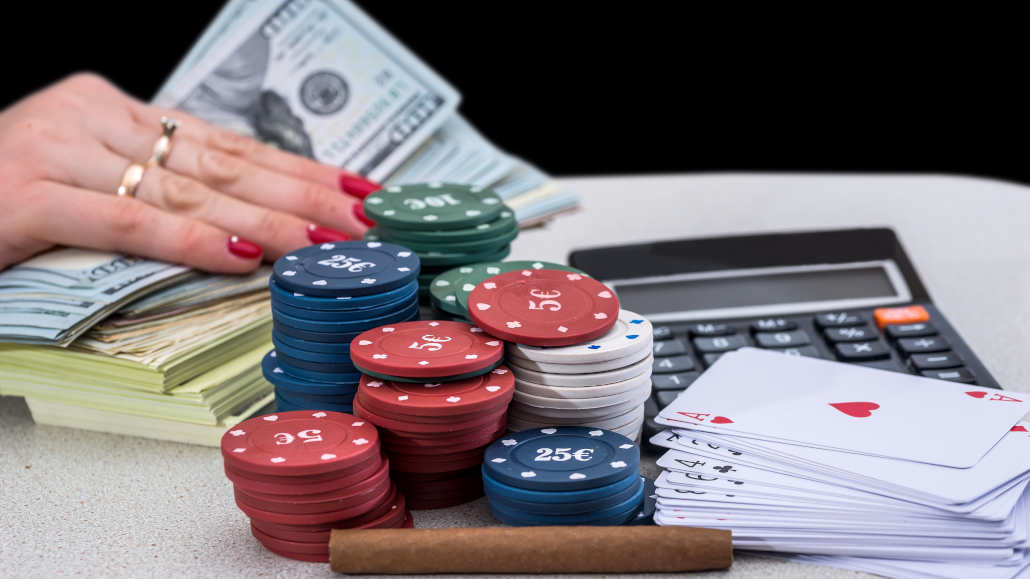
9 minutes
Last Updated: December 19, 2022
While you may prefer to think of poker as a game of psychology or wits, the truth is it is a game of numbers more than anything else.
Poker equity is the term poker players use to refer to their winning chance in the pot or the “rightful” slice of the pot they should win.
If you have ever watched poker on TV, poker equity is the percentage number you see next to players’ names on the screen as they play their hands.
The higher one’s probability of winning a hand, the higher their equity. But what is equity exactly, and how do you calculate it on the spot? I am going to teach you just that.
This short guide to poker equity is one of the first things you will need in your journey to becoming a successful poker player, so let’s start out with some basics.
What Is Equity in Poker and How Is It Calculated?
As I already mentioned, equity in poker represents the portion of the pot that belongs to you based on the strength of your hand compared to the hands of other players involved in the pot.
To determine a hand’s equity in a pot, you must look at the cards you are holding, the cards of your opponents, and the board.
Of course, in real game scenarios, you won't be able to see your opponents' cards, which is why determining your exact equity will be impossible.
However, you can know exactly how much equity you have against potential holdings your opponents are holding, as well as against their entire range, which may include strong hands, draws, and pure bluffs.
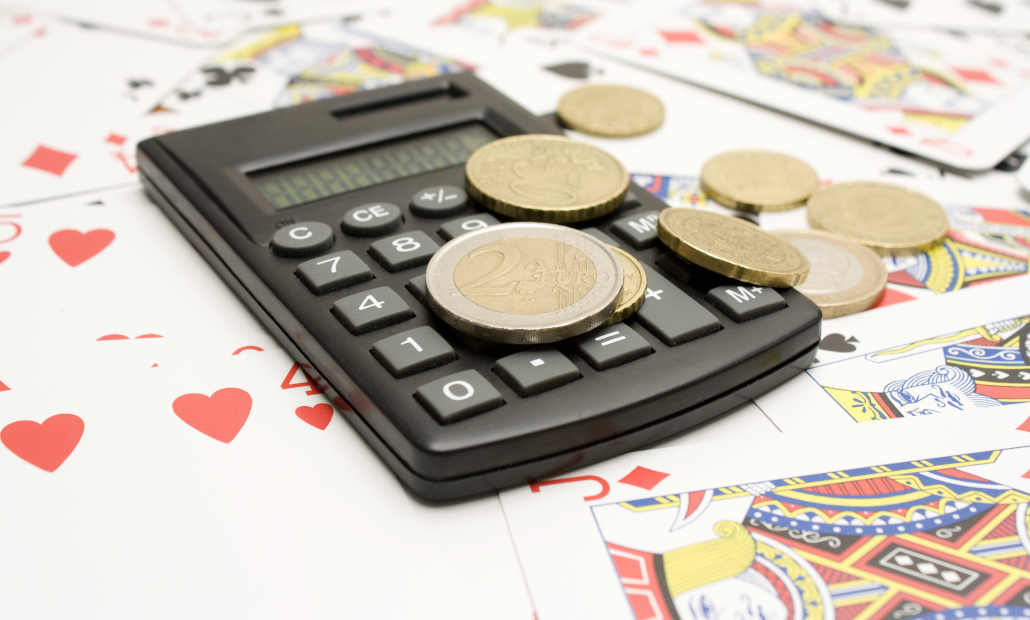
If you are wondering why there is such a thing as equity and why one hand isn’t simply the winner and another a loser, it is because equity is calculated while there are cards still to come.
For instance, you may calculate poker equity on the flop, in which case you must consider all the possible cards that can come on the turn and the river to change the winner and the final outcome of the hand.
Of course, we won’t be counting cards one by one, so let’s talk briefly about how you can calculate your equity while in a hand.
Calculating Poker Equity in Live Play
The easiest way to calculate poker equity is by using one of the many equity calculators, which I will touch on a bit later, and knowing all the cards that are currently in play.
However, when you play poker, you won't know what your opponents are holding, and you won't be able to use a calculator, either.
For that reason, you need a quicker and more reliable way to calculate poker equity without seeing other people’s cards or having access to any poker tools and software.
While there is no way to calculate your poker equity beyond a shadow of a doubt since you don't know what you are up against.
So here is what you can do:
- If you have a made hand, calculate your equity against potential draws
- If you have a drawing hand, calculate your odds of making the draw
- Add the equity of getting your opponents to fold (known as fold equity)
Anytime you are faced with a bet on earlier betting streets, you should start thinking about what your opponents might have and how your hand does against such hands.
A Poker Equity Example
For example, on a flop of A♥9♠8♠, you may be holding J♠10♠ and facing a bet from your opponent. While even recreational players know this is a strong draw, the question is how strong exactly.
To know that, you will have to calculate your equity against the most common hands you may be up against, such as AA, AK, AQ, A9, A8, 99, 88, etc.
Furthermore, you should also factor in the fact that your hand is so strong that you can actually take the initiative with it and potentially get your opponent to fold a hand like T9, A5, etc.
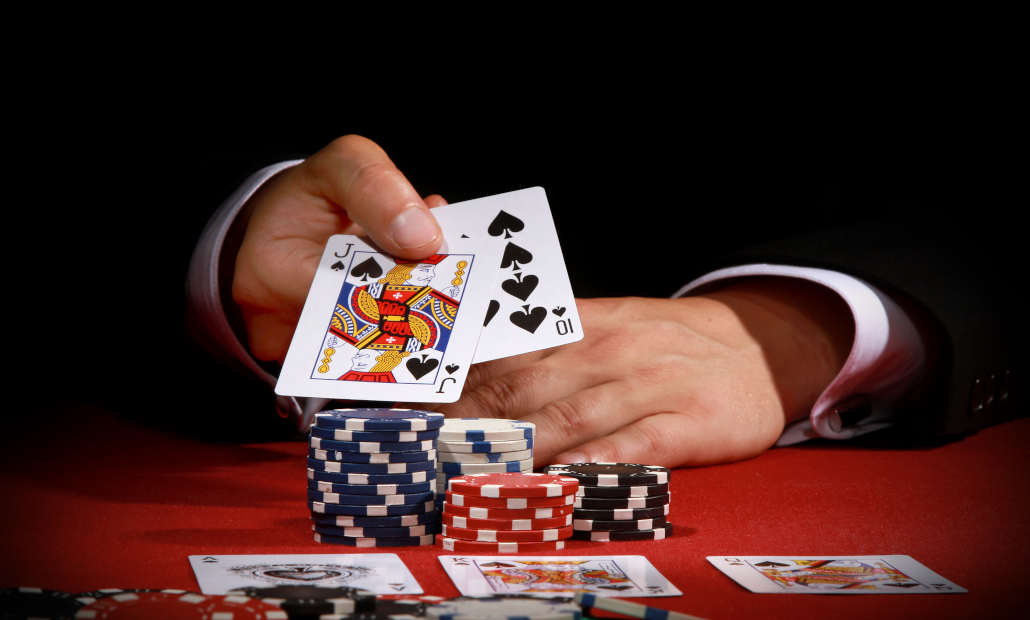
When you combine your pure equity with your fold equity, you will come up with a number that heavily favors your hand.
Not only can you make a flush or a straight that will almost definitely be the best hand, but you can also get your opponent to fold quite a few hands they may be betting with.
Now you need to learn how to calculate our pure equity, and to do that, you will use the rule of 2 and 4, which is easily applicable at the tables.
Using the Rule of 2 and 4
The easiest way to calculate your poker equity is by using the rule of 2 and 4. This rule is very simple, and it is based on counting outs and calculating how likely they are to hit.
The rule is as simple as this:
- On the flop, multiply the number of outs by 4
- On the turn, multiply the number of outs by 2
Let’s apply the rules to the previous example, where we had J♠10♠ on the A♥9♠8♠ board.
On the flop, you have 15 outs (9 spades + 3 offsuit sevens + 3 offsuit queens). If you multiply that by 4, your poker equity comes out to 60%.
It is worth noting that your actual equity in this example is slightly lower, but the rule of 2 and 4 does allow us to quickly come up with an approximate number.
If the turn was to come a 3♥, not completing any of your draws, you would still have 15 outs. Multiplying that by 2 would give you about a 30% chance of winning the pot straight up.
The same kind of thinking can be applied conversely if you are the one holding a made hand like a set or two pair. Think about your opponents' potential holdings and calculate their odds to come up with your own poker equity.
How to Use Poker Equity in Game
Now that you know how to calculate poker equity while playing the game let's talk about how exactly you can apply it and make it work for you.
The truth is that knowing how likely you are to make a strong poker hand or how likely you are to win against big draws gives you a big advantage.
When holding strong draws that have 30% poker equity or more, you can start applying pressure and adding fold equity to your overall equity.
This will give you an even bigger chance of winning the pot and make the pot even bigger for you to win.
When holding strong made hands, you will know exactly which boards are dangerous for you and how likely your opponents are to make their hand if they are holding draws.
This way, you will know when to make big raises and protect against draws that have a lot of equity and in which situations to make smaller bets if there are no hands with strong equity possible.

Understanding poker equity is extremely useful in tournaments where you face a lot of all-in situations and decisions for your entire stack. It gives you the confidence to know which calls are profitable and which ones are not.
For all these reasons, you need to get a strong grip on equity in poker and learn how to calculate it both on and off the tables.
Speaking of calculating equity off the tables, let’s take a look at a few of the most popular equity calculators that can greatly help you when studying the game and analyzing your hands.
Poker Equity Calculators to Use
Calculating equity to an exact number can be very useful, especially when you are analyzing your game. What's even more, you want to be able to analyze your hand's equity against a range of hands, and this is something that you can hardly do yourself.
So, here are the three best poker equity calculators you might consider getting to help you study the game:
Flopzilla
One of the oldest and most reliable poker equity calculators, Flopzilla is a software that’s been around for more than 10 years and has performed exceptionally well.
Flopzilla is only available for desktop computers, but it allows you to do exactly what you set out to do without too much hassle.
The software offers a host of filtering options and lets you analyze your hand's equity against a variety of ranges while showing you the exact equity against each hand type at the same time.
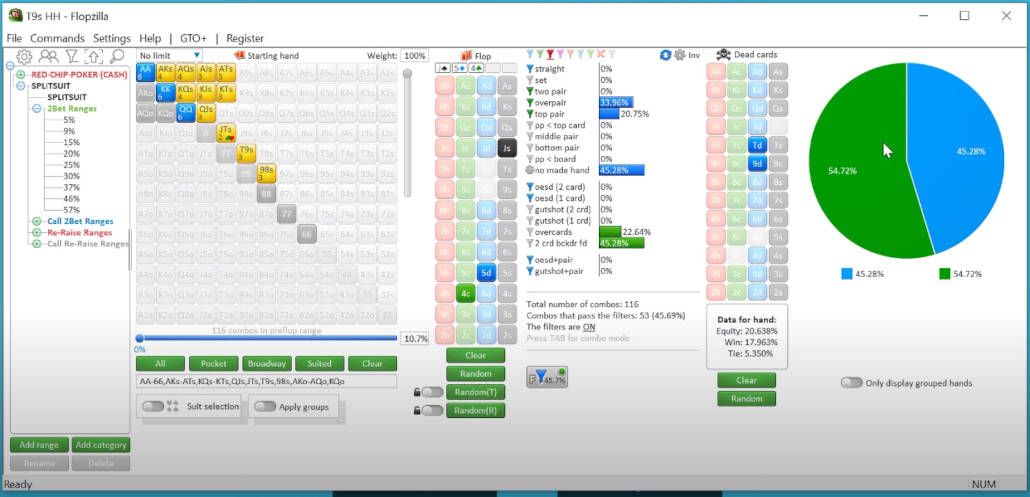
Being a highly-reputable piece of software and one endorsed and used by many of the world’s best poker players, Flopzilla is a must-have for anyone who takes the game seriously.
Fortunately, you won’t need to break the bank to acquire a Flopzilla license, as $25 will get you a license valid on two personal computers.
Poker Cruncher
Players who prefer to play poker and analyze their hands using their phones can look at Poker Cruncher as a great Flopzilla alternative.
If you want to have your poker equity calculator with you at all times, Poker Cruncher can be downloaded to all iOS and Android devices out there.
The license to use Poker Cruncher costs between $0 (iPhone Free version) and $44.99 (Mac Expert version), with each version offering a different set of tools and settings.
Much like Flopzilla, the app allows you to construct ranges, compare their equities, and analyze your hands from all possible angles, making it another ideal learning tool.
Preflop +
An advanced poker equity tool for expert players, Preflop + offers so much more than simple poker equity calculations.
While you can still run your hand against a range of hands or a particular hand for some quick numbers, this tool also offers a number of study modules, preflop Nash Equilibrium charts, and more.
You will be able to study how to play in the different tournament and cash game spots, apply the concepts of blockers and unblockers to your calculations, etc.
All of this and more can be yours for a one-time payment of $74.99 or a monthly subscription of $3.99, which is certainly worth it for this advanced tool created by poker pro Matt Berkey.
Study Poker Equity and Crush Your Games
Whether you are playing in small-stakes games online or mid-stakes live cash games and tournaments against heaps of recreational players, poker equity is your friend.
Knowing how to calculate it and how to apply the knowledge at the right time will give you a massive advantage over soft competition and put you on equal footing with many of the game’s greats.
While poker equity certainly doesn’t solve every problem in the game and make you an instant winner, it will improve your game drastically and let you compete on any level.
Check out the poker equity tools I suggested in this article and learn how to calculate your poker odds and equity mid-play to get a head start and make the right decisions at the table more frequently and confidently.











